Ethical Holdings: Transforming Tobacco, Cotton, and Rural Economies in Africa
Established in 2016, Ethical Holdings (EH) is an agribusiness firm committed to ethical and sustainable practices in tobacco and cotton farming. Co-founded by David Takura Machingaidze and Thomas Machingaidze, the company aims to uplift smallholder farmers by providing the necessary tools, capital, and support to transform their livelihoods. EH has become one of the leading indigenous contract farming businesses in Zimbabwe, with operations in tobacco and cotton farming across all major agricultural regions of the country.
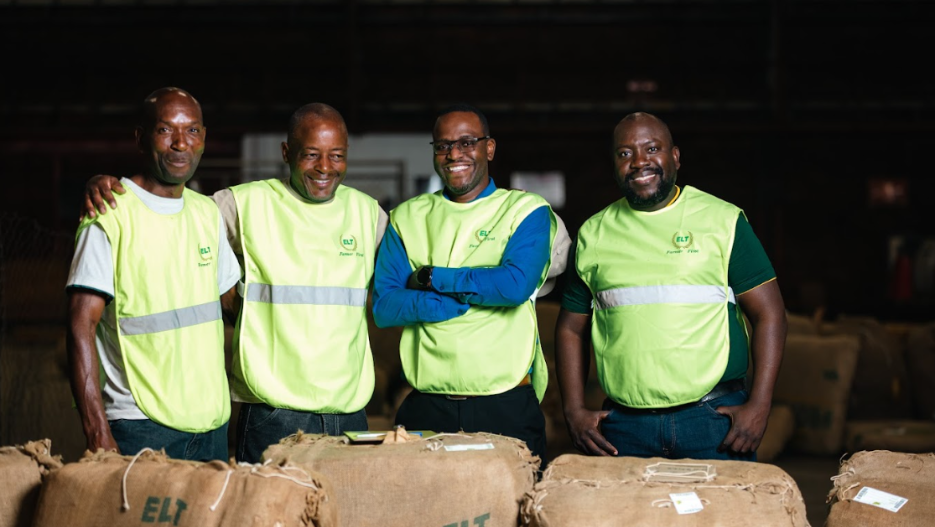
About Ethical Holdings
Ethical Holdings is a pioneering agribusiness company founded in 2016 by social entrepreneurs David Takura Machingaidze and Thomas Machingaidze. The company was established with a mission to empower smallholder farmers across Zimbabwe through ethical, sustainable, and innovative agricultural practices. By focusing on tobacco and cotton farming, Ethical Holdings has become one of the leading indigenous contract farming businesses in the country, operating in all major agricultural regions.
Ethical Holdings’ core philosophy revolves around Ethics, Impact, and Excellence. The company is committed to conducting business with integrity, ensuring the well-being of the environment, and uplifting the communities it serves. Through its operations, Ethical Holdings not only generates economic value but also drives socio-economic change in rural areas by providing farmers with essential resources, capital, and market access.
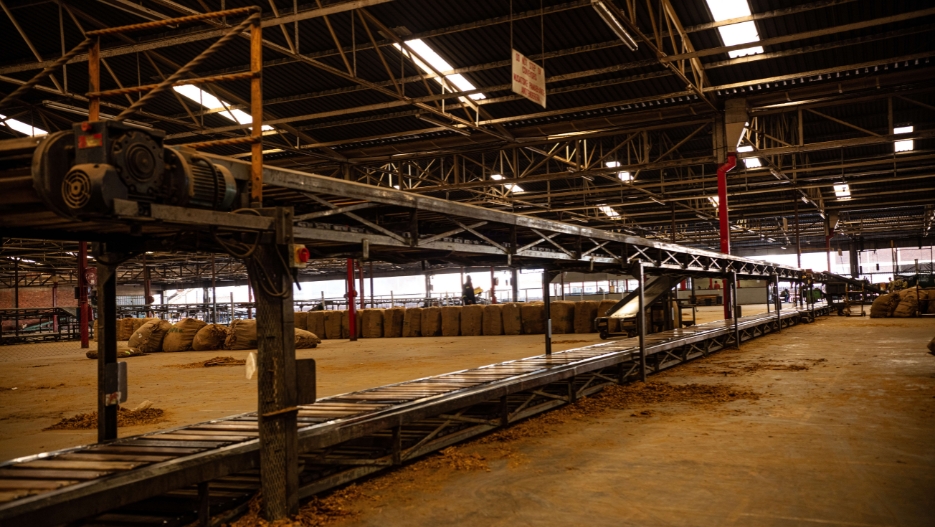
History
2016: Establishment
- Ethical Holdings was founded by David Takura Machingaidze and Thomas Machingaidze with the goal of empowering smallholder farmers through ethical and sustainable farming practices. The company began its journey by focusing on tobacco contract farming, setting the foundation for future growth in the agribusiness sector.
2017: Expansion into Cotton Farming
- EH expanded its operations to include cotton farming through the establishment of the Zimbabwe Cotton Consortium (ZCC). This subsidiary aimed to contract smallholder cotton farmers, providing them with inputs and agronomic support to increase production.
2018: Introduction of Ethical Micro-Insurance
- Recognizing the risks faced by smallholder farmers, EH launched Ethical Micro-Insurance, a service designed to provide micro-insurance and risk management solutions to low-income and rural populations in Zimbabwe.
2019: Strengthening the Tobacco Cluster
- Ethical Holdings deepened its presence in the tobacco industry by growing its Leaf Trade Division, which focuses on auction floor buying, grading, and processing tobacco for export to international markets, including Europe, Asia, and Africa.
2020: Decentralization of Tobacco Operations
- EH decentralized its tobacco operations to improve accessibility for farmers. The company established tobacco floors in Karoi, Marondera, Mvurwi, and Harare, ensuring convenience for farmers across different regions.
2021: Future Planning for Cigarette Manufacturing
- EH announced plans to venture into cigarette manufacturing, marking its entry into the value-added segment of the tobacco industry. The cigarette production project, still in its formative stages, is expected to launch brands aimed at the local market by 2026.
2022: Product Beneficiation in the Cotton Sector
- EH laid the groundwork for future investments in cotton beneficiation, with plans to set up an oil pressing and textile manufacturing plant, thereby adding value to cotton production and expanding its revenue streams.
2023: Leadership Growth and Operational Excellence
- EH strengthened its leadership team by bringing experienced executives on board to drive the company’s expansion and ensure excellence in both its cotton and tobacco clusters. The company continued to make strides in achieving its goal of empowering smallholder farmers and delivering high-quality products to international markets.
2024 and Beyond: Toward Agribusiness Unicorn Status
- With a solid foundation and diversified business clusters, EH is on track to achieve its vision of becoming Africa’s first agribusiness unicorn. The company remains committed to innovation, sustainability, and socio-economic impact in the agricultural sector across Africa.
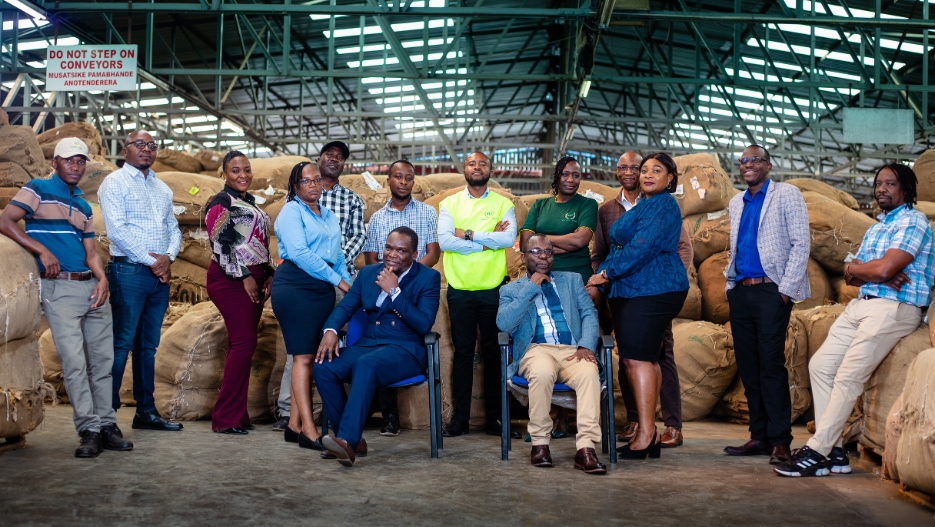
CONTACT DETAILS
- WEBSITE: http://www.elt.co.zw
- EMAIL: publicrelations@elt.co.zw
- PHONE NUMBER: +263-242-620290-2
- LOCATION: 161 Gleneagles Road, Willovale, Harare, Zimbabwe
INTERVIEW
VIDEOS
- Empowering Small-Scale Farmers: The Ethical Holdings Journey Towards Sustainable Impact
- Ethical Holdings: David Machingaidze Talks Launching Homegrown Cigarette Brand in Zimbabwe
EXECUTIVE PROFILE
Mission
Ethical Holdings strives to be a positive force for change in the African agribusiness sector by empowering smallholder farmers, creating sustainable livelihoods, and driving innovation in agricultural practices
Vision
Ethical Holdings envisions becoming Africa’s first agribusiness unicorn, leading the market in sustainable and ethical farming practices while delivering value to its stakeholders.
Our Values
• Integrity
• Responsibility
• Service Excellence
• Safety
• Commitment
• Professionalism
Core Values: Ethical Holdings upholds the values of Ethics, Impact, and Excellence. The company is committed to conducting business with integrity, exceeding customer expectations, and being a responsible corporate citizen, especially towards the environment and the communities it serves.
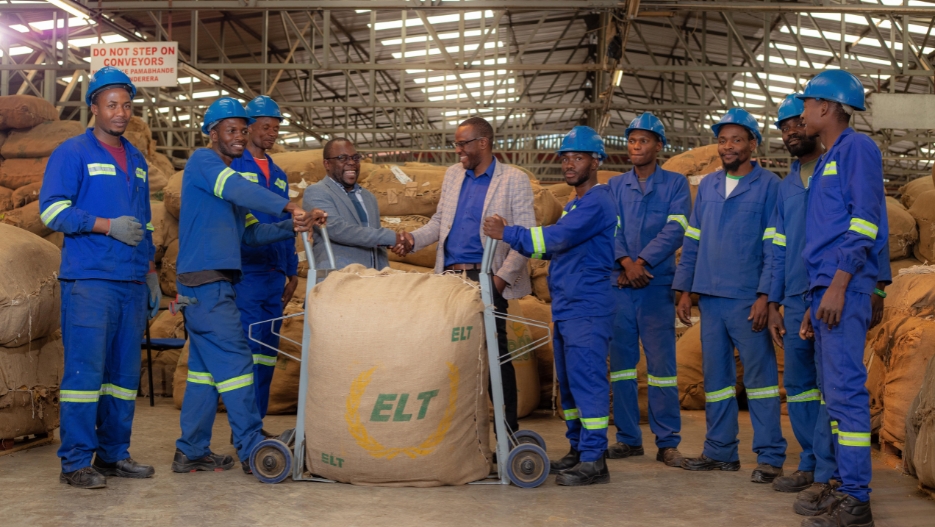
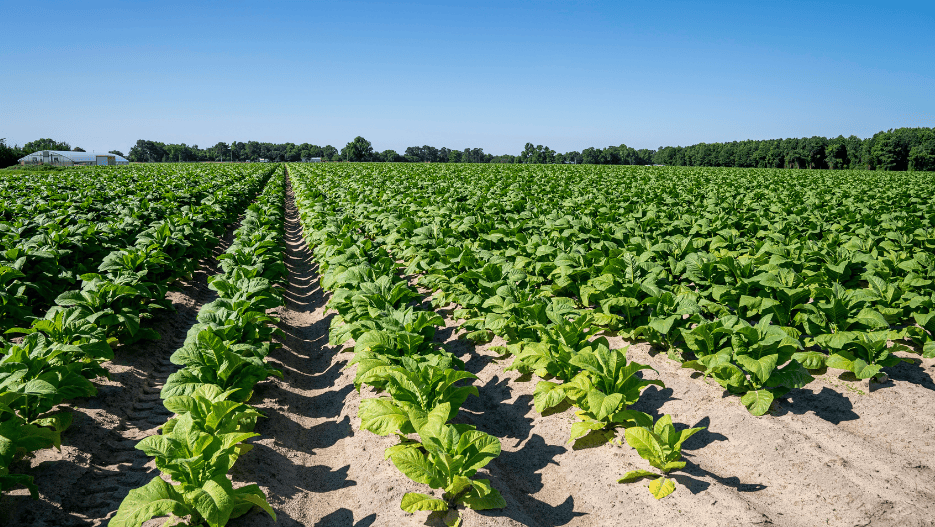
Values- the 5 E’s
- Ethics: Upholding integrity and maintaining the highest professional and ethical standards in all business operations.
- Excellence: Striving to exceed expectations and deliver top-quality services and products.
- Environment: Being responsible stewards of the environment and contributing to the well-being of the communities they serve.
- Empowerment: Focusing on empowering smallholder farmers and uplifting communities through sustainable economic development.
- Execution: Delivering results with passion, efficiency, and relentless commitment to raising standards of performance.
Sectors of Focus
Ethical Holdings (EH) focuses primarily on two major agricultural sectors: Tobacco and Cotton, while also branching into Micro-Insurance services tailored for smallholder farmers and rural communities. These sectors form the backbone of EH’s operations, and the company is dedicated to ethical and sustainable practices that empower farmers, create economic growth, and positively impact rural communities.
1. Tobacco Sector
The tobacco industry is at the heart of Ethical Holdings’ operations, with a focus on contract farming, auction buying, and cigarette manufacturing.
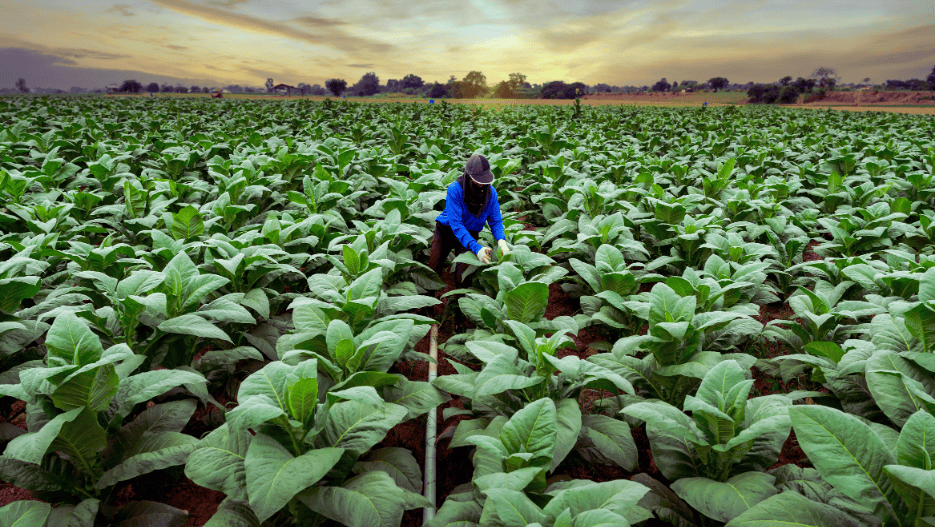
- Contract Farming: Ethical Leaf Tobacco (ELT), a subsidiary of EH, oversees the contract farming of tobacco. The company contracts smallholder farmers in various regions across Zimbabwe, including Mashonaland East, Mashonaland West, Mashonaland Central, and Manicaland. Under this scheme, EH provides farmers with vital inputs such as seed, fertilizers, chemicals, packaging materials, and agronomic services. These resources are designed to ensure that smallholder farmers can cultivate high-quality tobacco that meets international standards.EH places a strong emphasis on the well-being of its contracted farmers, helping them overcome the challenges of access to resources, financing, and market connections. The company’s extension officers offer regular support and guidance to farmers, ensuring that they adhere to best practices and achieve optimal yields.
- Auction Buying and Leaf Trade Division: ELT’s Leaf Trade Division is responsible for purchasing tobacco from the auction floors and directly from contract farmers. The company sources high-quality tobacco for the international market, with significant exports to Europe, Asia, and Africa. The tobacco is graded into various blends after being purchased, which allows EH to cater to the specific needs of different markets and customers.The division operates with a strong focus on quality and precision. ELT ensures that the tobacco is competitively priced and meets the unique specifications of its buyers. This focus on quality has enabled Ethical Holdings to become a recognized player in the global tobacco industry.
- Cigarette Manufacturing: Ethical Holdings is in the process of entering the cigarette manufacturing industry, with plans to launch its own portfolio of cigarette brands by 2026. This strategic move will enable EH to capitalize on value addition within the tobacco sector and tap into the local cigarette market in Zimbabwe. The company plans to introduce various product lines, including Toasted, Menthol, and Virginia cigarettes, which will be targeted at different segments of the market.The cigarette manufacturing project is part of EH’s broader plan to diversify its revenue streams and achieve a stronger foothold in the value-added segments of the tobacco industry. By 2026, EH aims to become a significant player in Zimbabwe’s cigarette market, leveraging its deep expertise in tobacco production and trade.
2. Cotton Sector
The cotton sector is another key focus of Ethical Holdings, primarily managed through the Zimbabwe Cotton Consortium (ZCC), a subsidiary dedicated to contract farming and cotton ginning.
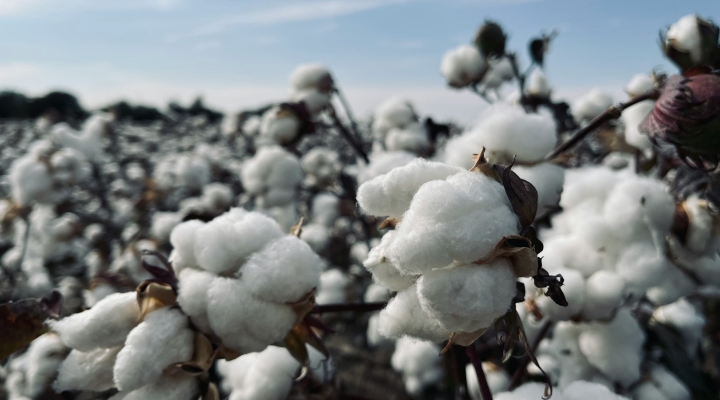
- Contract Farming and Free Inputs Scheme: ZCC operates a comprehensive contract farming model that empowers smallholder cotton farmers in Zimbabwe. The company offers a free inputs scheme, which mirrors the government’s command agriculture initiative. Under this scheme, ZCC provides farmers with the necessary resources to grow cotton, including planting seed, fertilizers, chemicals, and woolpacks (packaging material). The company also offers agronomic and extension services to ensure that farmers achieve the best possible results.ZCC focuses on contracting small-scale farmers with landholdings ranging from one to three hectares. These farmers often rely on cotton as their primary source of income, making the support provided by ZCC crucial for their livelihoods. The company’s extension officers are stationed in key cotton-growing regions such as Zambezi Valley, Lowveld, Gokwe/Sanyati, and Mashonaland West. They work closely with farmers to provide technical assistance, monitor crop progress, and ensure high yields.
- Cotton Ginning: In addition to contract farming, ZCC operates cotton ginning facilities that process the harvested cotton for both local and international markets. ZCC sells 30% of its cotton produce to local spinners, while the remaining 70% is exported, with OLAM International being a major buyer. This international presence positions ZCC as a key player in Zimbabwe’s cotton industry.
- Product Beneficiation and Future Plans: Ethical Holdings recognizes the potential for value addition in the cotton sector and has plans to invest in product beneficiation. The company aims to set up an oil pressing plant and a textile manufacturing plant to create new revenue streams from cotton lint and seed cotton. This vertical integration strategy will allow EH to capture more value from the cotton supply chain and provide additional economic opportunities for the smallholder farmers it supports.

3. Micro-Insurance Sector
In response to the challenges faced by smallholder farmers and rural communities, Ethical Holdings established Ethical Micro-Insurance (Private) Limited. This subsidiary focuses on providing micro-insurance and risk management services tailored for low-income and vulnerable populations, particularly smallholder farmers.
- Target Market and Service Delivery: Ethical Micro-Insurance is designed to serve the underserved segments of Zimbabwe’s population, including small-scale and communal farmers, informal traders, and micro, small, and medium enterprises (MSMEs). The company’s goal is to provide protection against the unique risks faced by these populations, such as crop failure, livestock loss, and other unforeseen events. The micro-insurance services offered by EH are anchored on innovation and technology. The company leverages these tools to enhance service delivery, ensuring that its clients receive tailored insurance products that meet their needs. In addition to providing financial protection, Ethical Micro-Insurance aims to improve financial literacy among rural populations, helping them make informed decisions about their economic futures.
